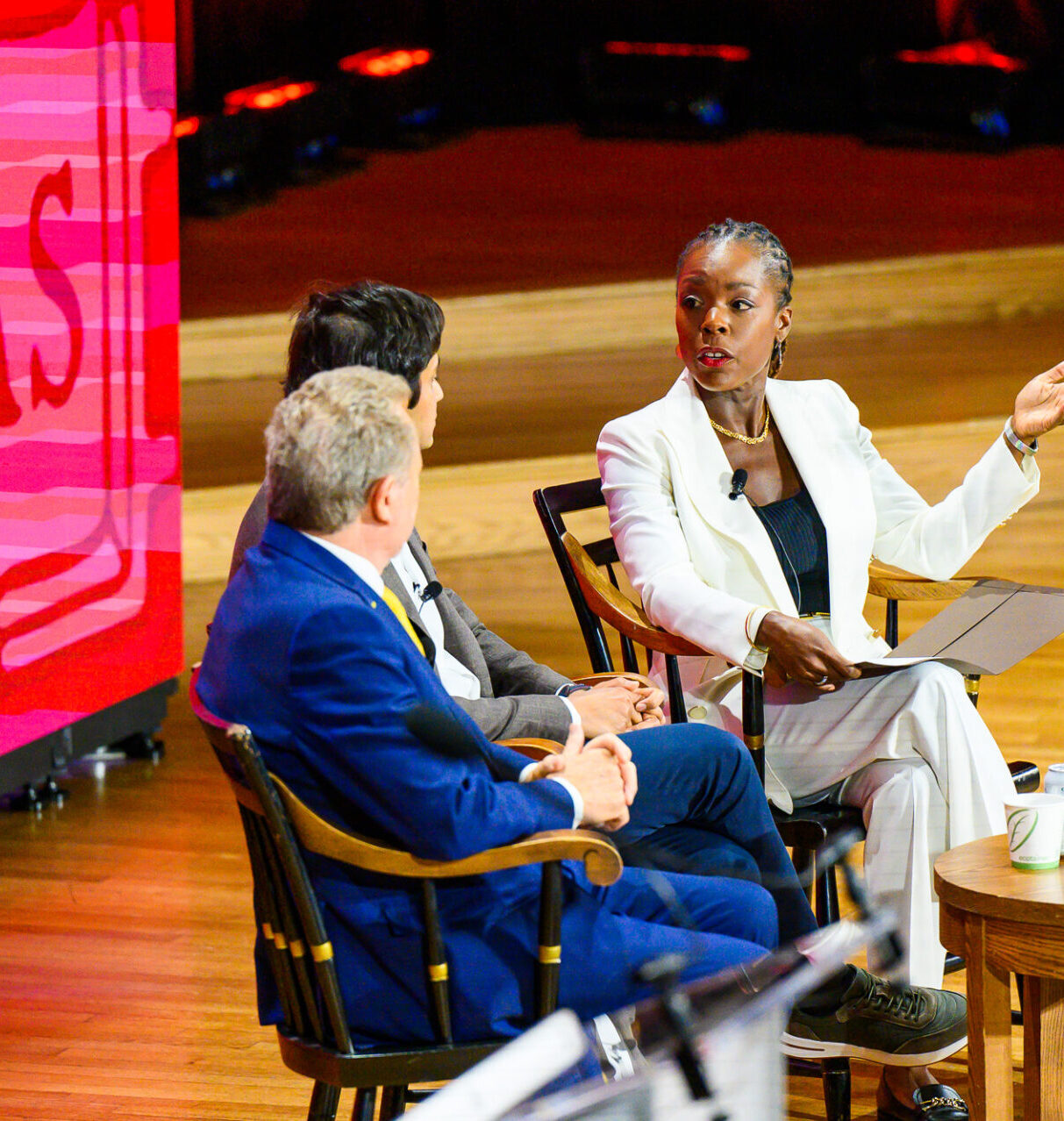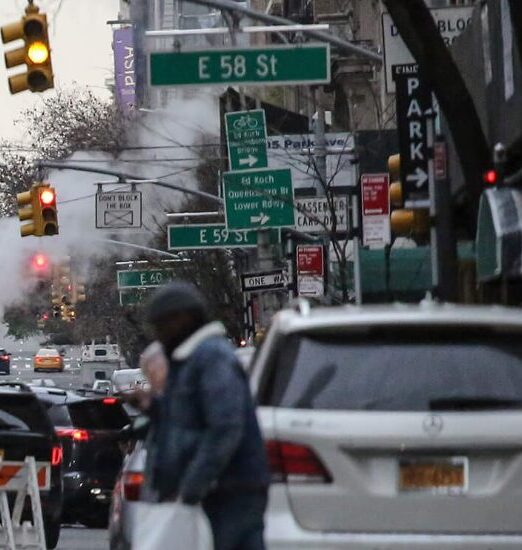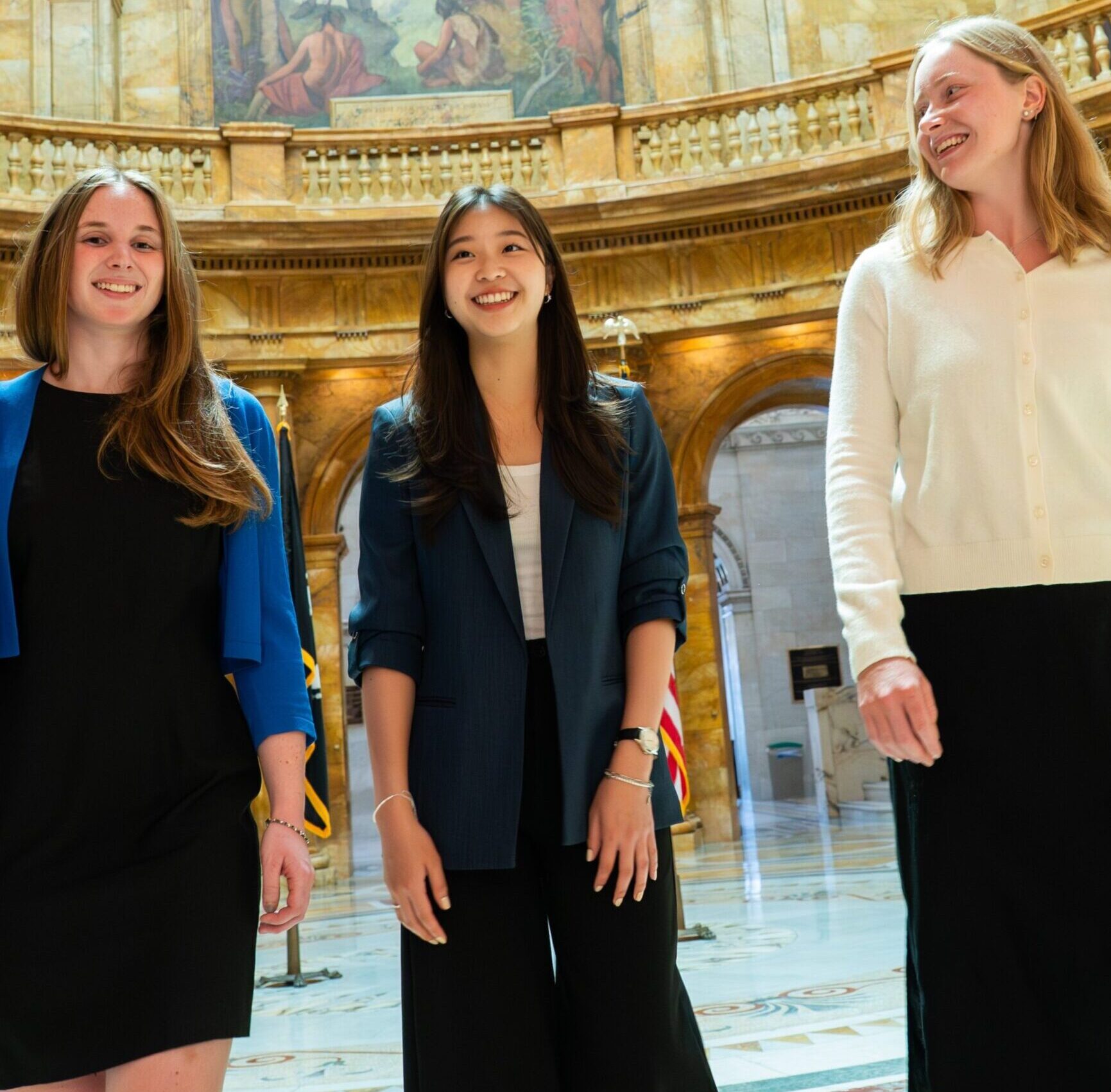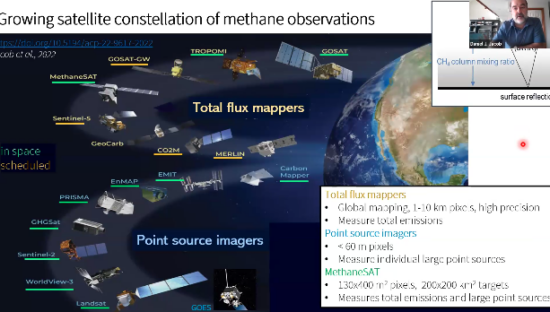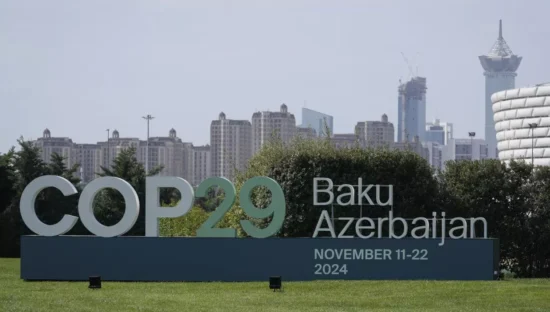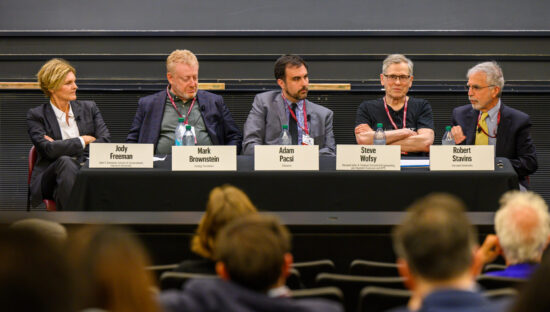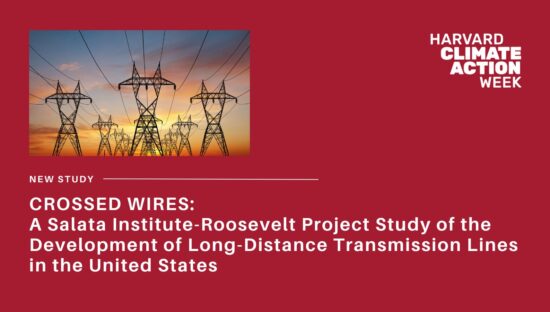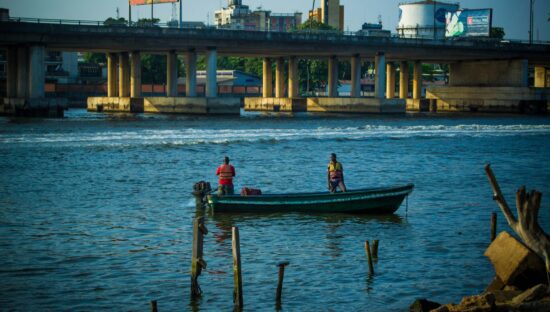Research Brief: Methane and Markets
The Harvard Initiative on Reducing Global Methane Emissions, supported by the Salata Institute for Climate and Sustainability, has released a Research Brief titled “Methane, Markets, and Public Policy: Incentives to Reduce Emissions.” The brief summarizes research by Harvard economics doctoral students Coly Elhai and Toren Fronsdal on market and policy incentives to reduce emissions of natural gas (which is primarily composed of methane) in the oil and gas industry.
Thu, Nov 7, 2024
